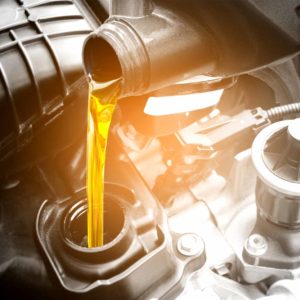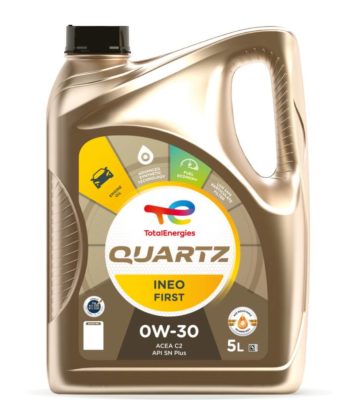Engine Oil Changes
With technology constantly evolving, automotive engines are being designed to be more dynamic, faster and efficient. But these innovations bring their own set of challenges, with oil degradation by far the most prominent issue. There are numerous factors that can result in the degradation of your lubricating oil, with the most common being oxidation, thermal breakdown, micro-dieseling, additive depletion and oil contamination.
Oxidation
Oxidation occurs when oil molecules react with oxygen molecules. This can cause an increase in viscosity and the creation of varnish, sludge and sediment. In some cases, additive depletion and a breakdown in the base oil can also occur. Once the oil begins oxidising, you may then see an increase in the acid number. In addition, rust and corrosion can also form on the equipment.

Thermal breakdown
One of the main concerns for a lubricant is its temperature. Other than performing its primary function of separating the moving parts inside an engine, a lubricant must also dissipate heat. This means the lubricant can be heated above its recommended stable temperature. It’s theorised that for every 10°C increase in temperature, the chemical reaction doubles. Therefore for every increase of 10°C for your oil, the life of the oil is cut in half. Keeping the oil as cool as possible when in use will extend its life and reduce the reaction of thermal breakdown.
Pressure-induced thermal breakdown
Pressure-induced thermal breakdown occurs when an air bubble transitions from a low-pressure region in a system to a high-pressure zone. This is especially in hydraulic systems but is found in all areas of lubrication. Pressure-induced thermal breakdown causes the air bubble temperature within the oil to increase, which then cooks the surrounding oil molecules, instantly oxidising them.
Additive Depletion
The majority of additive packages are designed to perform specific functions and are used up during the life of the oil. Utilising oil analysis to monitor additive levels is extremely important not only to assess the health of the lubricant but also to provide signs as to what is causing the additives to deplete.
Contamination
Contamination such as dirt, water, air, etc can greatly affect the rate of degradation. Dirt containing fine metal particles can be a catalyst that sparks and speeds up the degradation process of your lubricant. Air and water can provide a source of oxygen that reacts with the oil and leads to oxidation of the lubricant. Here again, oil analysis can be helpful in monitoring your lubricant’s contamination levels.
Totalenergies' quartz with a.r.t. technology

The best engine oils should provide optimal performance and protection for your engine. Through years of innovation and development, TotalEnergies’ engineers have created the groundbreaking Age Resistance Technology (ART). This innovation increases the interaction between oil molecules, creating a greater resistant molecular structure. This helps to prevent the protective film within the lubricant from breaking, in any conditions, from extreme temperature and pressure, friction or the build-up of sludge, expanding the lifespan of your engine.